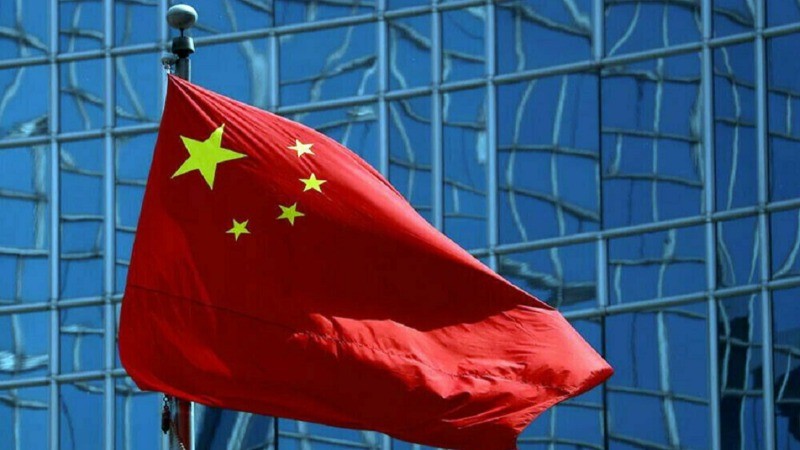
China's inflation rate hit a nine-month low in December, with consumer price inflation (CPI) rising by just 0.1% year-on-year, according to data released by the National Bureau of Statistics on Thursday. This figure matches market expectations but falls short of the 0.2% growth recorded in November, signaling persistent economic challenges.
Decline in Food Prices Supports Flat CPI
Month-on-month, the CPI remained flat compared to the 0.6% decline seen in November. Food prices fell by 0.6% from the previous month, attributed to favorable weather conditions. The cost of fresh vegetables and fruits dropped by 2.4% and 1%, respectively, while pork prices—a key component of the CPI basket—fell 2.1%. However, pork prices rose by 12.5% on a year-on-year basis, maintaining their upward trend.
Core Inflation Sees Marginal Growth
Core CPI, which excludes volatile food and energy prices, increased by 0.4% year-on-year, slightly higher than November's 0.3% growth. Despite these numbers, weak consumer spending continues to weigh heavily on the overall inflation rate.
Producer Prices Continue Downward Trend
Producer price inflation (PPI) declined for the 27th consecutive month, dropping 2.3% year-on-year in December. While the decline was slightly better than the estimated 2.4% fall, it highlights ongoing challenges in China's industrial sector. On a monthly basis, PPI slipped 0.1%, reversing the 0.1% increase recorded in November. The decrease was primarily driven by reduced demand for steel as infrastructure and real estate projects were paused during the off-season.
Concerns Over Deflation Persist
China's near-zero inflation underscores weak domestic demand, raising concerns about potential deflation. Despite Beijing's efforts to stimulate consumption through measures like interest rate cuts, support for the stock and property markets, and increased bank lending, consumer spending remains sluggish.
New Measures Target Consumption
To address the issue, China recently expanded its consumer trade-in scheme to encourage equipment upgrades and offer subsidies. However, analysts caution that such measures have limited impact on overall consumption. Louise Loo, lead economist at Oxford Economics, described the subsidies as "a quick fix" targeting specific products rather than addressing broader consumer demand.
China's economic landscape continues to grapple with subdued domestic demand, evident in its low inflation and declining producer prices. While targeted subsidies and stimulus measures aim to boost consumption, sustained and widespread recovery remains elusive, keeping deflation risks on the horizon.